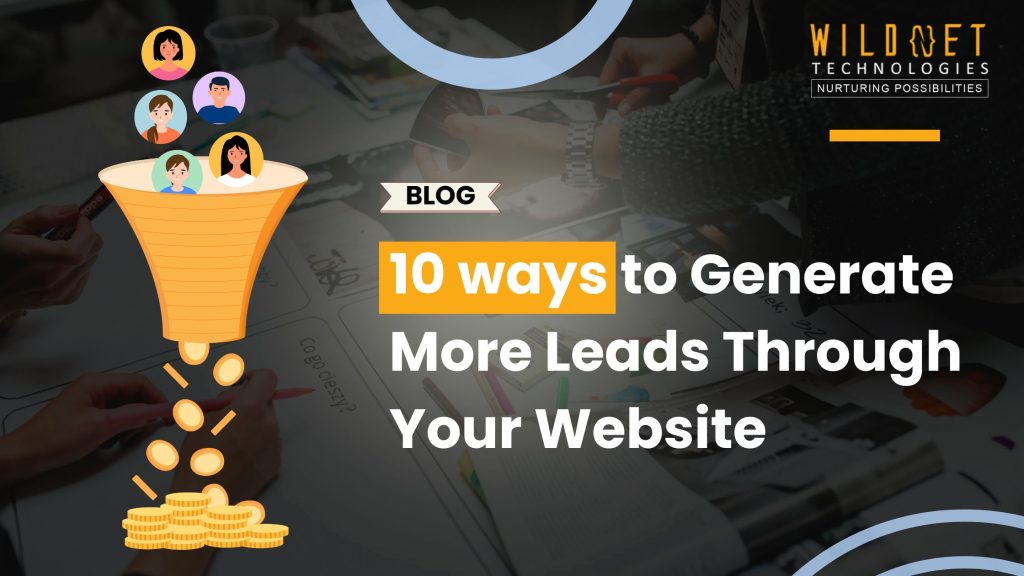Key Takeaways
- Ecommerce has decreased the burden on sellers and buyers, alike!
- An e-commerce website is the best friend of a retail business.
- Making the customer shopping experience easier should be the goal of any retail business to boost their sales exponentially!
So, what precisely is e-commerce? Simply put, ecommerce (or electronic commerce) is the shopping for and selling of products and offerings over the net.
Think of it as your favourite shopping center, however, online.
You can browse products, add gadgets to your cart, and take a look at out, all from the comfort of your private home.
From huge names like Amazon to small impartial shops, e-commerce has transformed the way we save and do commercial enterprise.
The purpose of e-commerce (electronic commerce) is to facilitate the buying & selling of goods and services over the internet.
It offers several key benefits and serves various functions, including
- Convenience,
- Wider Reach,
- Cost Efficiency,
- Customer Insights,
- Personalization,
- Variety and Availability,
- Speed and Efficiency,
- Competition and Pricing
Overall, e-commerce aims to streamline and enhance the shopping and selling experience, leveraging technology to meet the evolving needs & preferences of both consumers and businesses.
Types of Ecommerce Models
There are numerous varieties of ecommerce fashions, every catering to specific business desires. Here’s a short rundown:
Business-to-Consumer (B2C):
This is the maximum commonplace model, in which companies sell without delay to purchasers.
Think of online shops like Amazon, in which you may buy something from books to electronics.
Business-to-Business (B2B):
In this version, businesses sell products or services to other organizations.
For instance, an agency that sells office resources to different agencies.
Consumer-to-Consumer (C2C)
This version entails purchasers promoting to different customers.
EBay and Craigslist are popular systems wherein people can purchase and promote objects.
Consumer-to-Business (C2B)
In this much less commonplace model, people sell products or offer services to companies.
For instance, a freelance image fashion designer offers offerings to organizations.
Getting Started with Ecommerce
Ready to dip your toes into e-commerce, or we can say the purpose of ecommerce ?
Here are the fundamental steps to get started:
1. Choose Your Product or Service
Decide what you need to sell. It can be physical products, virtual goods, or offerings. Make positive there’s a marketplace demand to your imparting.
2. Select an Ecommerce Platform
Choose a platform to build your online shop. Popular alternatives consist of Shopify, WooCommerce, and BigCommerce. These systems offer the equipment you need to set up, control, and develop your keep.
3. Set Up Your Online Store
Create your internet site and list your merchandise. Pay interest to layout and person enjoy. Your site needs to be clean to navigate, visually appealing, and cellular-pleasant.
4. Payment and Shipping:
Set up payment gateways to just accept online bills. Common options encompass PayPal, Stripe, and Square. Also, parent out your delivery strategy. Will you deliver locally, nationally, or internationally?
5. Market Your Store
Promote your ecommerce store through numerous advertising channels like social media, email advertising and marketing, and search engine optimization (search engine optimization).
The intention is to drive traffic to your web page and convert site visitors into customers.
Benefits of Ecommerce
Why must you don’t forget starting an ecommerce commercial enterprise? Here are a few key benefits:
Reach a Global Audience: Unlike a physical store, an internet store can reach clients everywhere in the world. This opens up big growth possibilities.
Lower Operating Costs: Running an online store typically costs less than a brick-and-mortar store. You save on lease, utilities, and different overhead expenses.
Convenience and Flexibility: Ecommerce allows customers to save every time, anywhere. This comfort can cause higher sales and patron delight.
Data Insights: Online organisations can collect treasured facts on purchaser behaviour, options, and sales tendencies.
This record facilitates you to make informed decisions and improve your commercial enterprise method.
Challenges of Ecommerce
Of course, e-commerce additionally comes with its own personal set of demanding situations, and they are:
Competition:
The online marketplace is crowded, and status out can be tough. You want a sturdy emblem and effective marketing to attract clients.
Technical Issues:
Running an online store calls for some technical knowledge. You would possibly come across troubles with your internet site, price processing, or inventory management.
Customer Trust:
Building trust with online customers is critical. Ensure your internet site is stable, provide top-notch customer service, and offer clear return guidelines.
Shipping and Logistics:
Managing delivery, returns, and logistics may be complicated, mainly as your business grows.
The Role of Ecommerce Websites: Retail Industry
Let us first consider an offline store. You will have to buy prime real estate, buy infrastructure for it, hire expert staff, and then keep the inventory in a nearby storehouse!
Seems like a lot of expenses, right?
But what if we told you that your brand can have an e-commerce website as your digital store?
With an ecommerce website, both parties—the seller and buyer—save their money, time, and energy. Plus, the shopping can happen 24x7x365 with minimal expenses to maintain it!
The best part of an e-commerce website for the retail industry is that they can easily inculcate new techs and trends like
- AI & ML to render personalised experiences,
- AR & VR to make the shopping more immersive,
- Directly run ads on digital media and bring back the visitors to their websites,
- Use Social media marketing to garner traction on social media, which is primarily image- and video-based (apt for retail industry), and much more.
Would you still prefer a physical store over an e-commerce website for your retail business?
Conclusion
The purpose of e-commerce is to provide a dynamic and exciting space with countless opportunities.
Whether you’re simply beginning out or seeking to make bigger your current enterprise, understanding the basics of ecommerce is essential.
By following the steps mentioned in this manual, you’ll be sailing smoothly towards building a hit online commercial enterprise.
Remember, it’s all about imparting cost, supplying an exceptional shopping experience, and continuously learning and adapting. Happy selling!
We, Wildnet Technologies, have been catering digital marketing services in the e-commerce sector via our Ecommerce SEO services for more than 17 years. With our efforts, our clients were able to generate 100k+ leads, 40% more conversions, and more via 25k+ #1 ranking keywords.
If you would like to learn more,
> Ecommerce SEO and its Best Practices in 2024
> Ecommerce Marketing Magic for Sustainable Business Growth
> Wildnet’s Digital Yum (our weekly newsletter from the desks of our thought leadership)
Connect with us now at info@wildnettechnologies.com and get the best Ecommerce SEO for your business!
FAQs
FAQ 1. What is the application of e-commerce in retail sector?
Ans: Ecommerce caters to many sectors, be they electronics, FMCG, retail, and more.
Its application in the retail sector is crucial, as most people don’t like to waste their time and energy on physical shopping. They prefer shopping online!
FAQ 2. What are the key benefits of e-commerce for retailers?
Ans: The key benefits of ecommerce for retailers include,
- Faster buying
- Cost reduction
- Flexibility for customers
- Product features and price comparisons
- Affordbale marketing and advertising
- And much more!
FAQ 3. What is the main role of e-commerce?
Ans: Ecommerce has two main roles, and they are,
- Making browsing and navigation easier for the Buyer and
- Making the orchestration of an ecommerce store easier for the Seller.
FAQ 4. What are the benefits of an ecommerce website?
Ans: There are endless benefits of an e-commerce website, and some of them are,
- Customers find it easy to shop,
- Customers can compare various products and services that are being offered,
- Customers can choose when they want to make a purchase and which payment method to use,
- Sellers find it easy to sell their offerings,
- Sellers don’t have to shell the same amount of money for the website as they would for a physical store at a prime location,
- The infrastructure costs of maintaining a website are negligible compared to a physical store,
- And more.
FAQ 5. Why are more retailers using e-commerce?
Ans: Customers find e-commerce convenient as they can shop from anywhere using any device with multiple payment options.
Meanwhile, retailers themselves find it cheaper and easier to sell their products via e-commerce!






